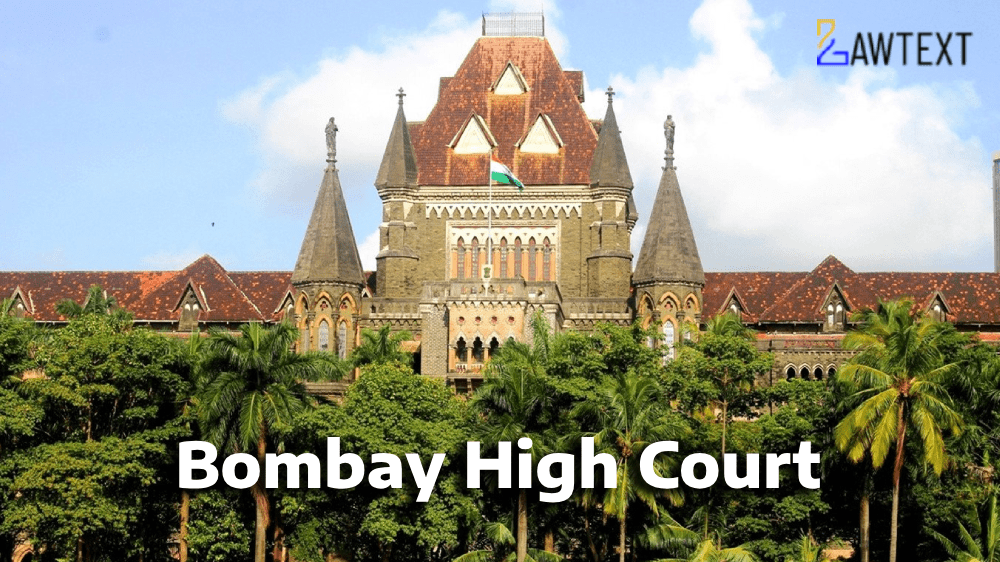Commercial Arbitration Dispute over Development Project Rights. A Dispute on Termination of Development Agreement Leads to Contentious Arbitration and Interim Relief Orders.

CASE NOTE & SUMMARY
In the case under Section 37 of the Arbitration and Conciliation Act, 1996, the Bombay High Court addressed a challenge to an interim relief order passed by an Arbitral Tribunal under Section 17. The dispute arose from a terminated development agreement between the parties. The court examined whether the Tribunal’s directions for disclosure, deposit of sale proceeds, and establishment of an escrow account were justifiable amidst allegations of delay, prejudice, and procedural lapses.
The Court emphasized principles of delay, natural justice, and the scope of interference under Section 37 while critiquing the Tribunal's findings on prima facie validity of termination, prejudice to the petitioners, and procedural fairness.
The Court set aside the majority decision of the Tribunal, highlighting delays and procedural errors. The order was deemed perverse as it reversed the burden of proof, conducted a mini-trial, and imposed harsh interim measures that impacted the petitioners' ability to manage ongoing construction.
1. Introduction and Background
- Para 1-2: The case concerns the termination of a development agreement and disputes regarding ownership and project proceeds between Arun Bhoomi Corporation (Petitioners) and M/s. Jagruti Developers (Respondents).
- Act Discussed: Section 17 & 37 of the Arbitration Act.
2. Chronology of Events
- Para 3-10: Agreements dated 2009-2011 authorized Jagruti Developers to develop the land. Termination notices were issued in 2015 by Arun Bhoomi alleging material breaches.
- Key Acts Referenced: Arbitration Act, Real Estate Regulatory Authority (RERA).
3. Tribunal's Interim Order Highlights
- Para 11-15: The Tribunal directed disclosure of sale proceeds and expenses, establishment of an escrow account, and deposit of a percentage of sale proceeds, based on a prima facie finding that termination was invalid.
4. Contentions by Petitioners
- Para 16-24: Mr. Seervai argued the Tribunal's orders violated prior court rulings, caused undue prejudice, and overlooked statutory requirements under RERA for promoters.
- Main Issues: Delay in Respondents’ application, procedural irregularities, and harsh deposit orders.
5. Contentions by Respondents
- Para 25-30: Mr. Shah defended the Tribunal’s discretion, arguing the petitioners breached agreements by ousting Jagruti from the project, undervaluing sales, and violating RERA norms.
6. Court's Findings
- Para 31-38: The High Court identified gross procedural lapses in the Tribunal’s order, highlighting unexplained delays, improper reliance on unargued case law, and prejudicial directions.
Ratio Decidendi:
The Tribunal erred in:
- Accepting Jagruti's delayed application without sufficient justification under the Limitation Act, 1963.
- Conducting a "mini-trial" to establish prima facie findings of termination validity.
- Imposing onerous deposit obligations without assessing the petitioners’ financial hardships or statutory obligations under RERA.
Subjects:
Commercial Arbitration — Disputes on Termination of Development Agreement and Interim Reliefs.
- Arbitration and Conciliation Act, 1996
- Development Agreement
- Interim Reliefs
- Procedural Delay
- RERA Compliance
- Escrow Accounts
- Termination of Agreement
ISSUE OF CONSIDERATION
Arun Bhoomi Corporation & Anr. Versus M/s. Jagruti Developers & Ors
Citation: 2024 LawText (BOM) (12) 174
Case Number: COMMERCIAL ARBITRATION PETITION NO. 384 OF 2024 WITH INTERIM APPLICATION (L) NO. 21432 OF 2024 IN COMMERCIAL ARBITRATION PETITION NO. 384 OF 2024
Date of Decision: 2024-12-17
Case Title: Arun Bhoomi Corporation & Anr. Versus M/s. Jagruti Developers & Ors
Before Judge: ARIF S. DOCTOR, J.
Advocate(s): Mr. Navroz H. Seervai, Senior Advocate a/w Lizum Wangdi, Subit Chakrabarti, Khushnumah Banerjee and Harish Ballani i/by Vidhii Partners for the Petitioners/Applicants. Mr. Shailesh Shah, Senior Advocate a/w D. Banerjee, Anchit Ojha, R. P. Ojha, Rakesh Kumar Dubey, Ankit Ojha and Kirti Ojha for Respondent No.5. Mr. Gautam Ankhad, Senior Advocate a/w Nishta Mohanty Garg, Hiral Thakkar, Smridhi Lodha an Meenakshi Pahuja i/by ANB Legal for Respondent Nos.6(a) to 6(d).
Appellant: Arun Bhoomi Corporation & Anr.
Respondent: M/s. Jagruti Developers & Ors

